The frame consists of the following components:
| • | The side rails carry the load. |
| • | The crossmembers stabilize the rails. |
Body misalignment is divided into the following types:
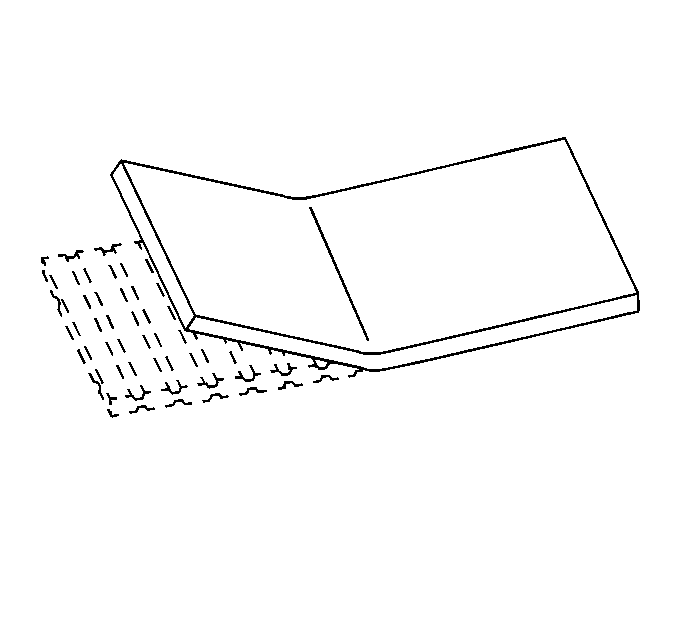
| • | Sag -- A vertical misalignment that
results in an incorrect datum line. Kick-up occurs when both sides of the
frame are equally misaligned. |
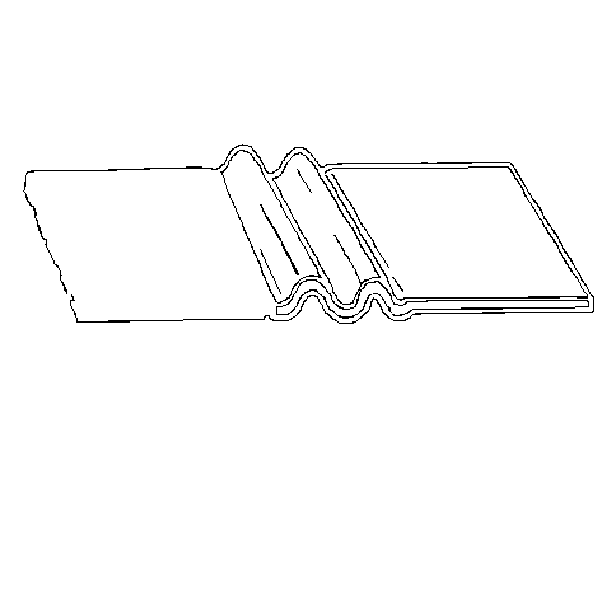
| • | Collapse -- The condition that occurs
when buckles appear on more than one surface of the box section of the side
rail. Collapse is the condition that occurs when a section of the
underbody or the frame structure has been shortened in length. |
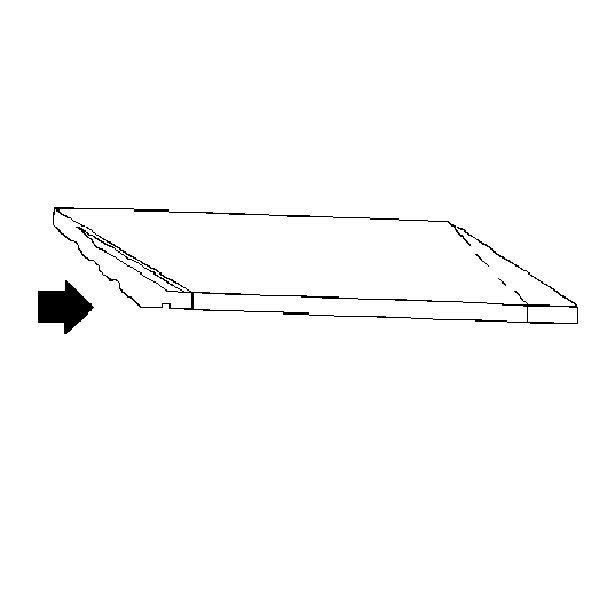
| • | Diamond -- The condition where 1 side
of the frame moves forward or rearward. The diamond then causes the frame
structure to be out of square. |
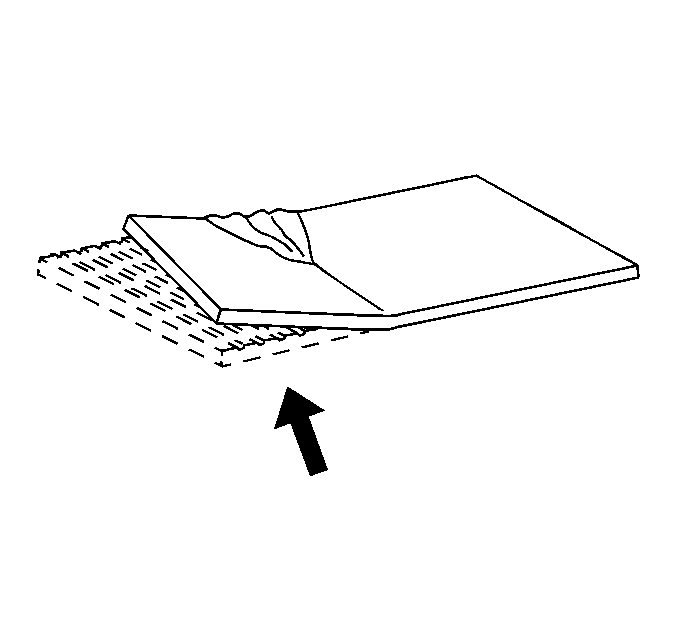
| • | Sidesway -- A section of the frame
positioned to the left or right of the centerline when compared to the rest
of the vehicle. |
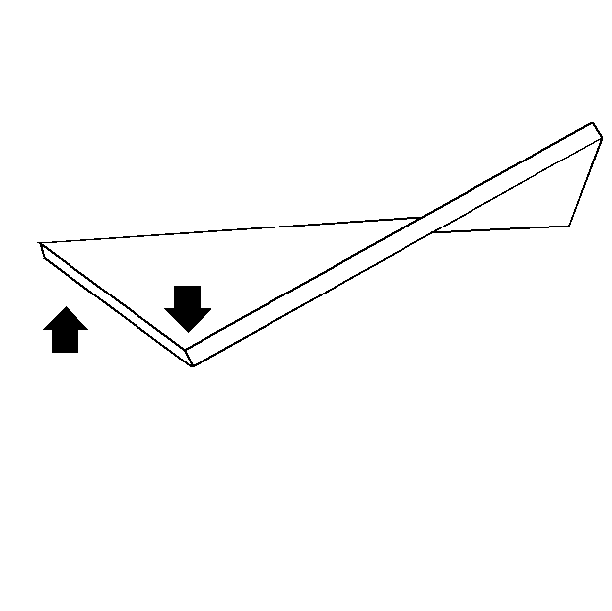
| • | Twist -- The condition where the sides
of the underbody plane, datum, are not parallel. One rail slopes up while
the other rail slopes down. |
A misaligned frame may move from its proper position in the following
ways:
Check all possibilities. The easiest way to check body alignment is
with tramming gauges and universal measuring systems made for this purpose.
Detailed instructions normally come with the equipment at the time of purchase.
Refer to those instructions.
Always park the vehicle on a level surface. Certain conditions call
for preliminary checks before you actually check the frame. The vehicle may
mistakenly appear misaligned under the following conditions:
| • | When suspension or axle problems are present. |
| • | When an axle shifts, causing a diamond or sidesway incorrectly
to appear. |
| • | When the springs are weak. |
Visually inspect the top and bottom flanges of each rail. This step
may reveal the specific area where sag or a buckle exists. In case of a sag,
wrinkles may appear on the top of the upper flange. Wrinkles on the bottom
flange indicate a buckle.





